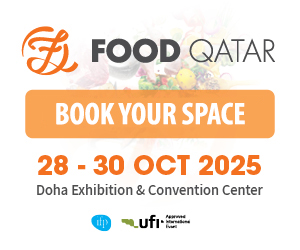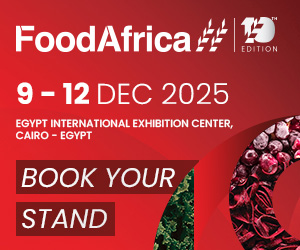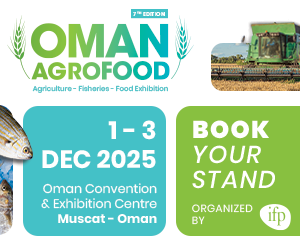Insect farming is gaining global recognition as a key player in sustainable food production. The International Platform of Insects for Food and Feed has identified it as the fastest-growing sustainable protein sector in the European Union (EU), with over €1.5 billion invested in the industry. This surge has created thousands of green jobs and underscored the sector’s significance in the global economy.
In Africa, insect farming is being heralded as a revolutionary approach to addressing the continent’s food security challenges. By cultivating species such as Black Soldier Flies (BSF), farmers can convert organic waste into valuable products like animal feed and fertilizers. This process not only reduces environmental impacts but also promotes circular economic practices. South Africa, in particular, is positioned to capitalize on this innovation, with its abundant food waste streams offering immense potential for insect farming growth.
Despite its promising outlook, the industry faces challenges, particularly in terms of sustainability. Some farms still depend on expensive, high-quality feed inputs instead of using food waste, raising concerns about the environmental benefits of certain operations. However, industry leaders maintain that these growing pains are part of the sector’s evolution. They argue that innovations will eventually enable insect farming to overcome such hurdles.
In South Africa, companies like Maltento are already implementing forward-thinking approaches. Rather than focusing solely on protein extraction, these firms are utilizing food waste as feed for insects, producing frass for soil enhancement, and creating additional by-products, such as pet food enhancers. This diversified business model demonstrates the wide-reaching potential of insect farming, proving that it can extend beyond being a mere source of protein.
The environmental advantages of insect farming are evident. Studies conducted by Protix, a Netherlands-based insect farming company, reveal significant environmental savings. For instance, insect meal reduces carbon dioxide (CO2) emissions by 78% compared to poultry meal, and insect fat requires 99.9% less land than coconut oil. These findings illustrate how insect farming can lead the transition to sustainable food systems, minimizing dependence on traditional protein sources.
Africa’s insect farming potential is particularly noteworthy. The availability of food waste from industries such as beer production and bread mills provides a unique opportunity for the continent to become a global leader in sustainable insect farming. Diverting vast quantities of food waste from landfills can foster a thriving circular economy, offering long-term benefits for local economies and the environment.
As the insect farming industry continues to grow, it will need to adopt a diversified business model that leverages the full range of insect products. With a focus on sustainability and innovation, the sector has the potential to address global food security challenges and contribute to the development of a more sustainable food system. Investments in research and development will be crucial to unlocking the full potential of insect biotechnology, paving the way for positive change in Africa and worldwide.









































































